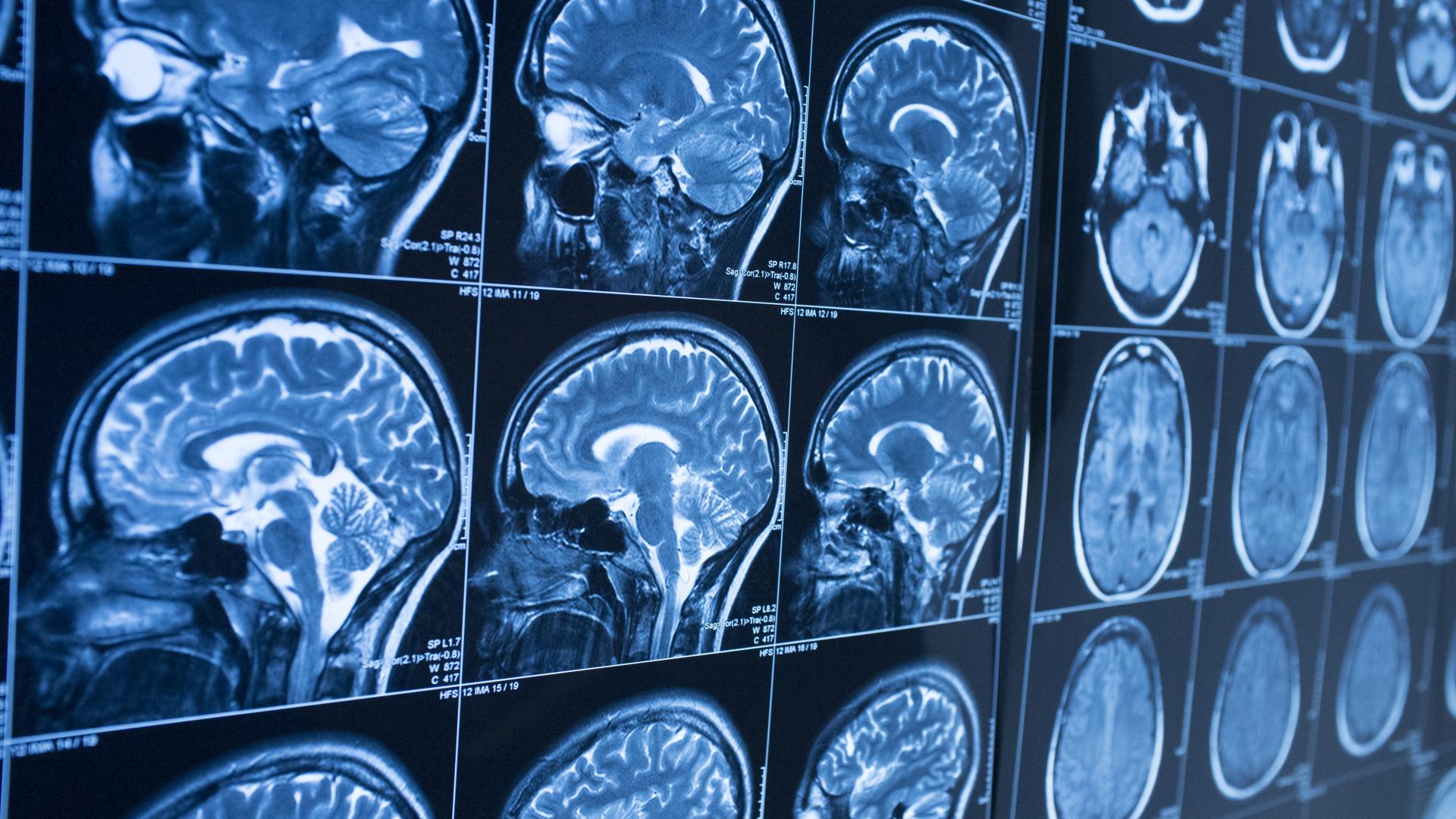The treatment can be used by patients who are at the early stages of the disease that impacts millions globally.
The United States Food and Drug Administration (FDA) approved a new Alzheimer’s treatment on Friday marking what the agency described as “an important advancement” in the fight against the disease.
Developed by Eisai and Biogen, Leqembi is the second of a new category of medications that have been green-lighted for use as researchers have yet to fully pinpoint the specific causes of Alzheimer’s.
The treatment can be used by patients who are at the early stages of the disease which impacts millions globally.
“This treatment option is the latest therapy to target and affect the underlying disease process of Alzheimer’s, instead of only treating the symptoms of the disease,” Billy Dunn, M.D., director of the Office of Neuroscience in the FDA’s Center for Drug Evaluation and Research, said.
Alzheimer’s is an irreversible brain disorder that is a common form of dementia. There are at least 50 million people who are believed to be living with the disease or other forms of dementia.
In the US alone, there are more than 6.5 million people with Alzheimer’s that face major obstacles to their daily routines. The condition slowly destroys memory and thinking skills.
The treatment was approved under the FDA’s accelerated Approval pathway, in which the agency authorises the use of a drug in the event of “an unmet medical need”.
The FDA said the approval came after “a double-blind, placebo-controlled, parallel-group, dose-finding study of 856 patients with Alzheimer’s disease.”
Testing found that the drug slowed the cognitive deterioration of patients at their early stages by 27% in comparison to the placebo patients.
“Treatment was initiated in patients with mild cognitive impairment or mild dementia stage of disease and confirmed presence of amyloid beta pathology,” the FDA said in a statement.
Dr. Howard Fillit, chief science officer of the Alzheimer’s Drug Discovery Foundation, noted that Alzheimer’s is “arguably the most complex disease humans face”.
Dr. Fillit added that the discovery is “incredibly important” and provides hope of preventing the disease.
Following the FDA’s approval, Eisai will discuss with various payers their ability to access the treatment, Haruo Naito, Chief Executive Officer at Eisai, said.
“Our assumption is that the number of global patients eligible for the drug will grow to around 2.5 million by around 2030,” Naito told the press and analysts on Saturday in Tokyo, as quoted by Reuters.
Patients will require testing to detect the presence of amyloid deposits, an abnormal protein that damages neurons while causing brain impairment. However, those who take blood clot preventers are warned not to use the drug given that it could pose a risk on their safety.







